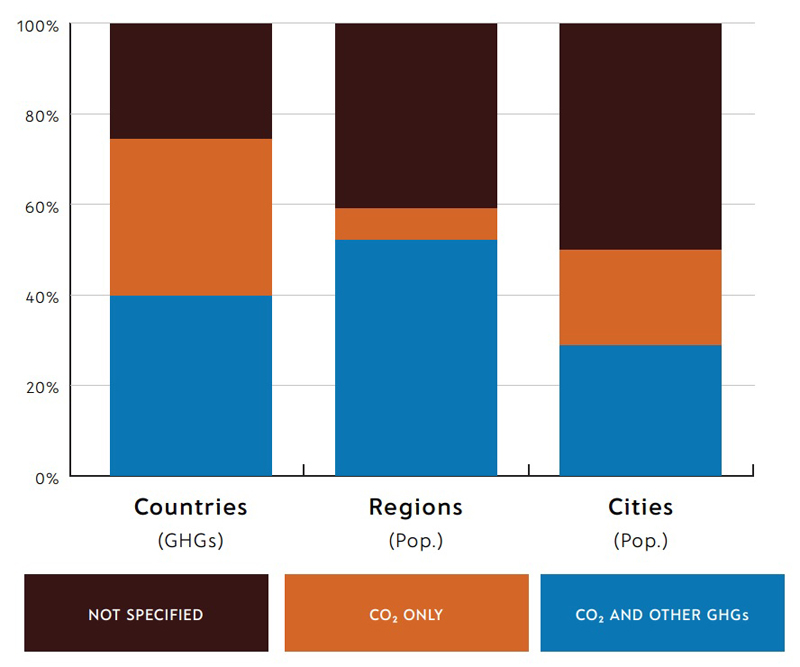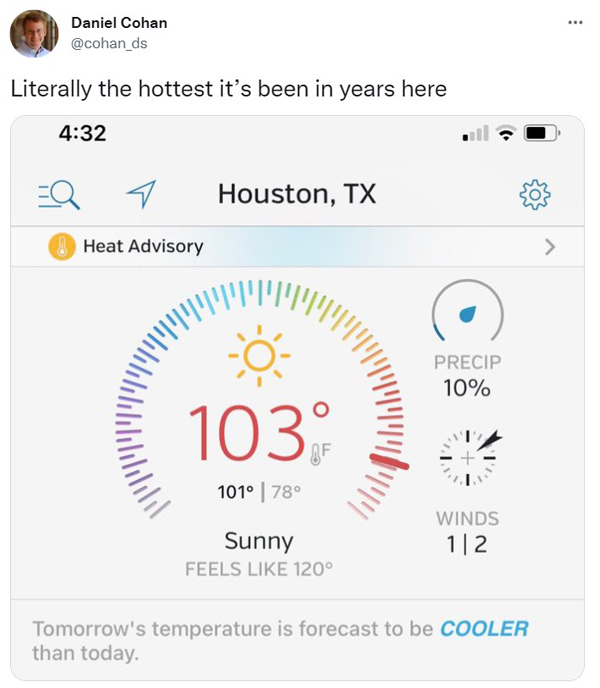With the high-profile Pathways Study complete, New England’s states and grid operator are starting to wrestle with the political, logistical and practical realities of implementing any of the regional policy options for decarbonization analyzed in the paper.
At the New England Electricity Restructuring Roundtable last week, ISO-NE CEO Gordon van Welie and top Connecticut energy official Katie Dykes lobbed ideas back and forth, but they made clear that solutions are still far away.
“The Pathways analysis has given the states a lot to dialogue about,” Dykes said during a panel moderated by energy consultant Jonathan Raab “We’re reserving judgment about the preferred way forward and that continues to be where the states are.”
But she said she remains interested in a hybrid approach, combining net carbon pricing with a Forward Clean Energy Market (FCEM), a solution that the states have been asking ISO-NE to study.
“I think the hybrid has that Goldilocks appeal to it,” Dykes said, because the study found that it could achieve states’ decarbonization goals at a lower cost to ratepayers than other solutions.
But van Welie, whose organization could be tasked with designing a potential FCEM, offered warnings about the viability of the hybrid proposal.
“The hybrid is complex both from a market design and implementation point of view, but it’s also the most complex from a governance point of view,” he said. The states could likely remain in control of the carbon pricing portion, but the FCEM is “more problematic” from the RTO’s perspective, he said.
“We have serious concerns about whether you would want to tee up a hybrid package to the FERC. The FCEM and hybrid are by definition discriminatory,” he said. “It would make it very hard for FERC to approve that, and you would invite lots of litigation [in] Washington, D.C.”
Carbon pricing has its own political complications that state leaders have expressed wariness about. (See State Regulators Weigh in on New England Pathways Study.)
“It’s impossible to have the conversation around the insights of an economic analysis without putting it into a context of what’s politically feasible,” Dykes cautioned.
Analysis to Action
Now that the study is complete, the broader question for stakeholders is whether the region’s leaders can put together the coordination and political will required to make a decision and start implementing it.
“I think where we are today is not thinking about what more analysis we can do. The challenge for us today is how do we take the next step,” said Pete Fuller, an energy consultant who works with NRG Energy. The company has suggested a hybrid approach because it sees that proposal as a potentially better route to consensus, and it’s “time to really get moving,” he said.
“It’s not necessarily useful to be doctrinaire or dogmatic about the economic principles. The goal really is about what’s practically workable in a political context,” he said.

